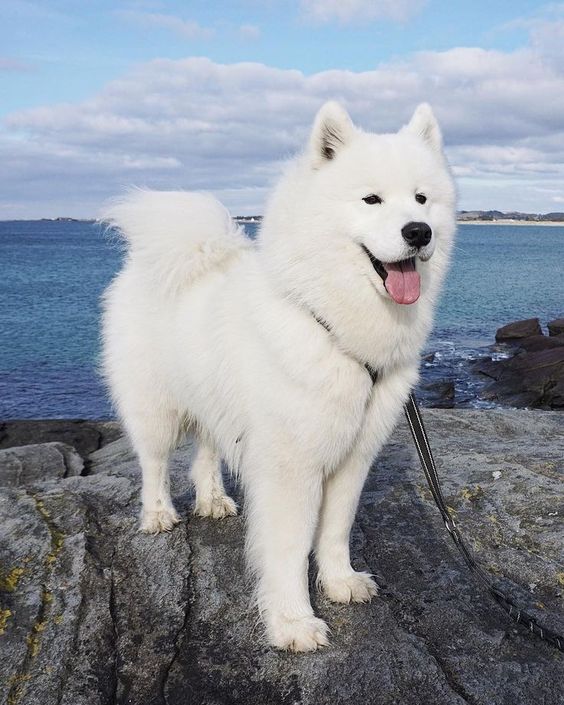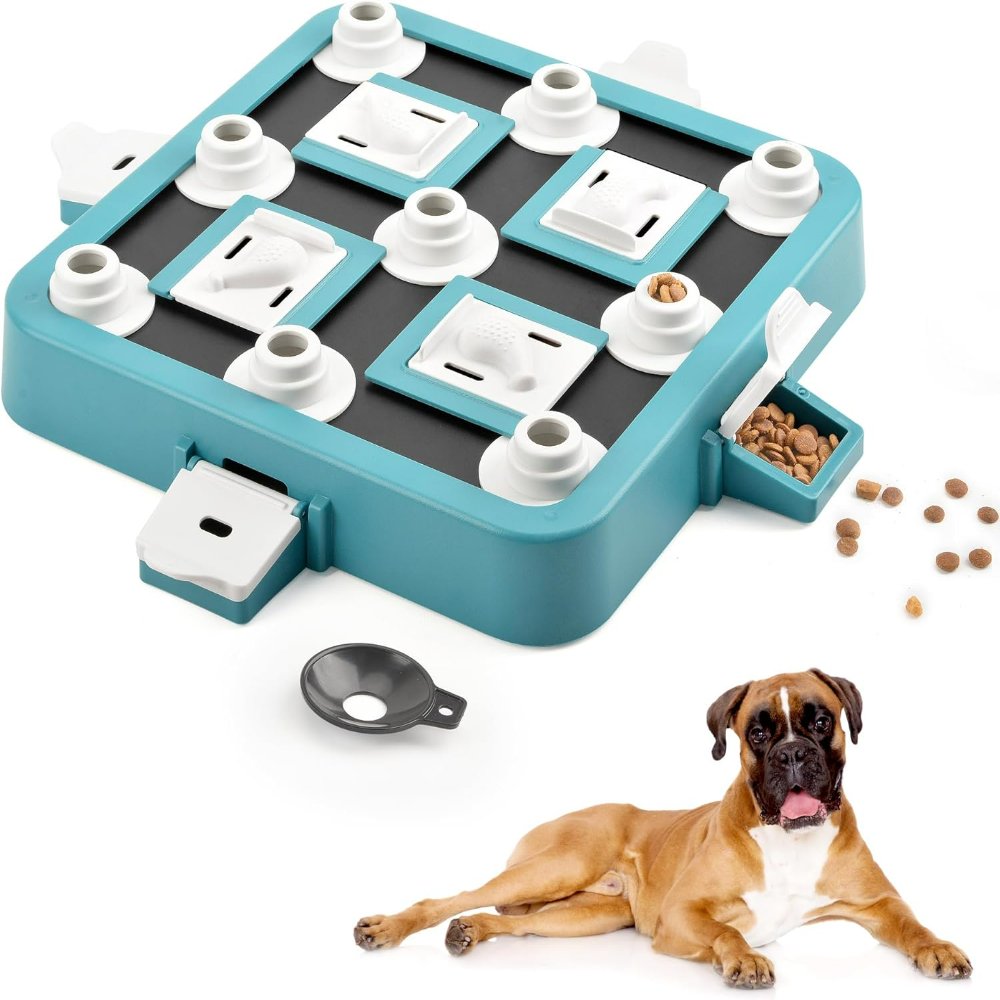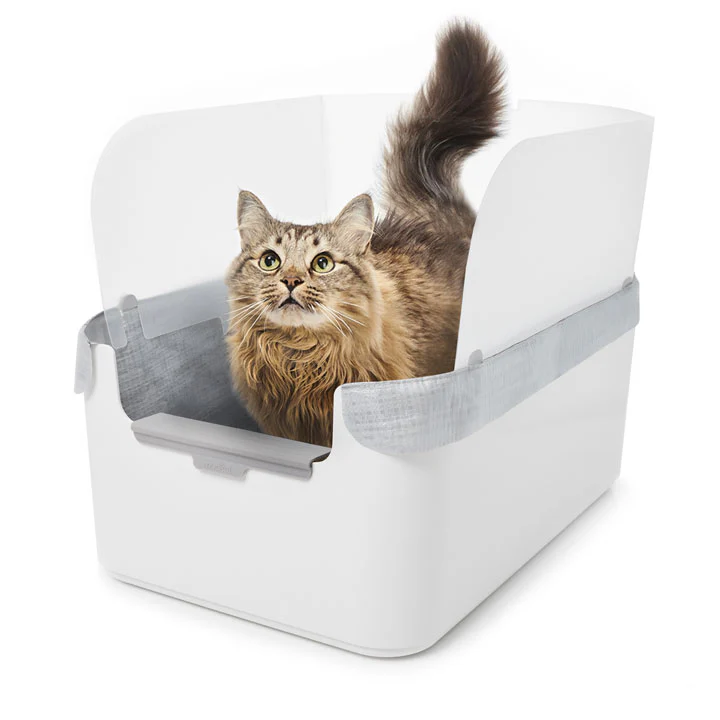If you’ve ever caught your pup noshing on feces, you likely wondered what drives this decidedly disgusting behavior. While poop eating may look bizarre and senseless to humans, underlying instinct and circumstances explain dogs’ fecal fixation.
Determining what triggers coprophagia (the clinical term for feces consumption) is key to stopping this hazardous habit to protect dogs’ health. Keep reading to learn the common reasons behind poop-eating in canines.
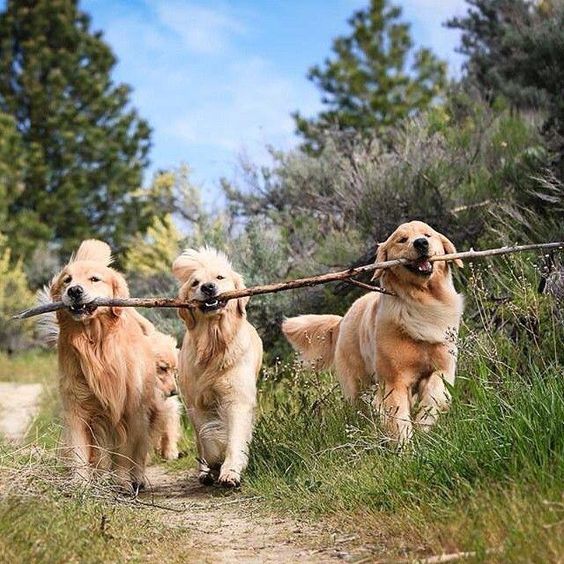
It’s a Natural Instinct
At its roots, poop eating traces back to simple animal instincts. In the wild, mother dogs consume their puppies’ excrement to hide evidence protecting litters from predators. Nursing canine mothers also groom newborns this way to further stimulate bowel movements for healthy digestion.
The instinctive habit then continues into adulthood for some dogs. Ingesting poop still hides signs from perceived threats. So what we see as repulsive feces gobbling links back to innate safety survival behaviors canines naturally evolved practicing.
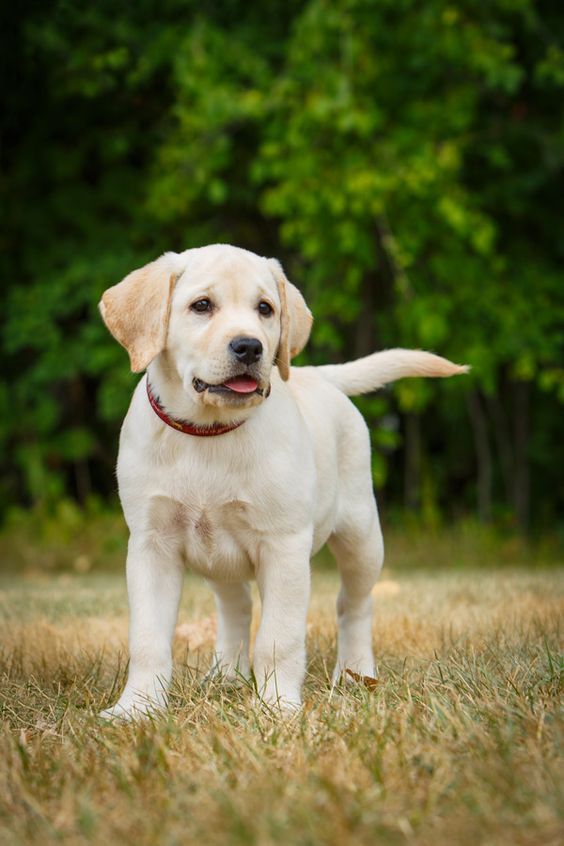
They Crave Attention
Some dogs eat stools simply to get a rise out of their owners. Even negative reactions like loud verbal corrections provide satisfying attention for bored pups. Dogs lacking stimulation quickly learn bathroom habits rile you up fast, even if the response involves seeming angry.
To curb cravings for attention through outrageous bathroom consumption, ignore undesired behavior completely. Reward appropriate potty actions instead with praise or treats only when your dog finishes and moves away from excrement. It also helps addressing root boredom through more exercise, play time, affection and enrichment at home.
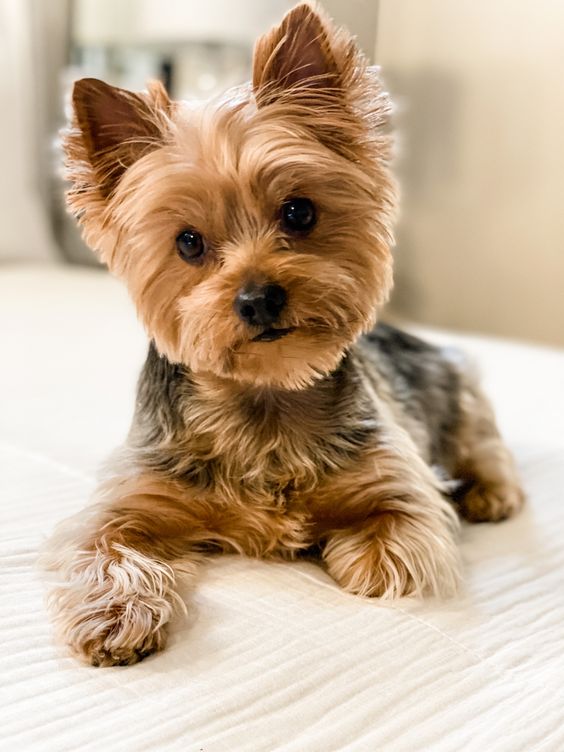
They Have Health Problems
Stool snacking can also signal underlying veterinary issues causing unusual hunger, nutritional deficiencies or difficulty absorbing nutrients from their regular diet.
Reasons for poop eating traced to health factors include:
- Exocrine pancreatic insufficiency (EPI)
- Inflammatory bowel disease (IBD)
- Intestinal malabsorption
- Parasites like worms or giardia
- Enzyme deficiencies
- Vitamin B deficiency
- Anemia causing abnormal cravings (pica)
If poop gobbling strikes suddenly in adulthood, correlates to other symptoms like appetite changes or weight loss, or includes eating non-food items too, ask your vet to run stool, blood and diagnostic tests. Identifying and managing any underlying condition alleviate abnormal hunger and the urge to eat feces.

How to Stop Dogs from Eating Poop
Curbing unwanted canine coprophagia involves:
- Prompt feces removal before dogs access it
- Distraction and correction when caught in the act
- Addressing nutritional deficiencies through diet
- Routinely deworming appropriately
- Managing stress, anxiety, boredom triggers
- Ignoring the behavior completely
- Masking poop scents dogs find enticing
With patience, prevention and medical rules outs, this common yet disgusting dog dilemma gets solved through strategic management. Some pups never outgrow their fixation with feasting on feces though despite best efforts. Stay vigilant!
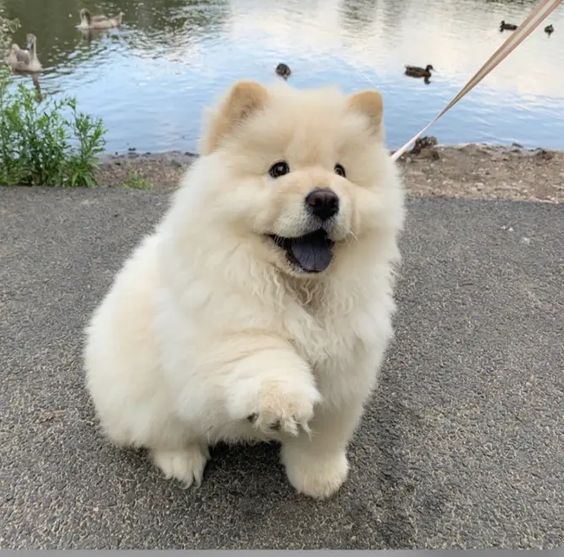
Common Questions About Dogs Eating Poop
Q: Will eating poop make my dog sick?
A: Yes, the bacteria, parasites, toxins, and viruses in feces can cause vomiting, diarrhea, infection and intestinal inflammation. Seek treatment if symptoms show up. Avoid kisses too!
Q: Do puppies outgrow eating their poop?
A: As long as their nutritional needs get met properly, yes most puppies phase out of poop eating behaviors as they mature past teething age without intervention. Distract and correct gently in the meantime.
Q: How do I know if underlying illness causes poop eating?
A: Indicators your dog requires veterinary assessments include aging/adult onset, worsening frequency, concurrent appetite/weight changes and eating non-food items too. Have your vet run diagnostics to identify conditions contributing to abnormal hunger.
Q: What home remedies stop dogs from consuming poop?
A: Top natural approaches include adding digestive enzymes, probiotics, and pineapple juice to their diet. Make sure adequate nutrition gets delivered through quality proteins as well. Never self-diagnose or delay real medical treatment though!
While disgusting and disturbing, controlled poop eating rarely causes catastrophic issues provided dogs stay otherwise healthy. But unusual hunger absolutely warrants veterinary investigation to rule out deficiencies or disease. Stay alert and act promptly!
